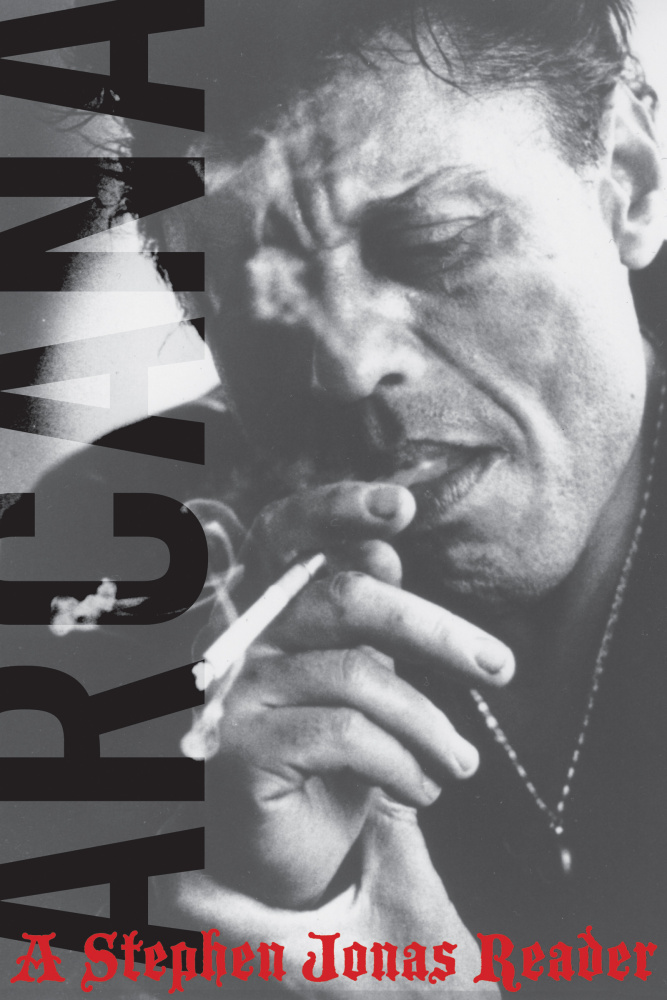Over at The Paris Review, poet and translator Peter Cole writes about the ironic new life that Benjamin Netanyahu has given to Hayim Nahman Bialik’s poem “On the Slaughter”:
In the days after the three Israeli teens were murdered, most likely hours after their kidnapping, Netanyahu publicly expressed condolences to the families while quoting from Bialik: “Vengeance … for the blood of a small child, / Satan has not yet created.”
Netanyahu continued by adding: “Hamas is responsible — and Hamas will pay.”
As Cole writes:
Never mind that the poem intoned by Mr. Netanyahu wasn’t Israeli: it was written long before the state was founded and very far from it. “On the Slaughter” was the thirty-year-old Odessan Hayim Nahman Bialik’s immediate response to the April 1903 pogroms in the Bessarabian town of Kishinev, where some forty-nine Jews were slashed, hacked, and cudgeled to death, or drowned in outhouse feces, and hundreds were wounded over the course of several days. Women and girls were raped repeatedly. The Jewish part of town was decimated. Netanyahu quoted just two lines, carefully avoiding the one preceding them: “Cursed be he who cries out: Revenge!”
Cole also adds, interestingly, that the poem received a “potent 1966 translation by the first star of Palestinian resistance poetry, Rashid Hussein.” He further imagines that the poem could have had another life in Arabic, as one might well imagine “a YouTube reading of Hussein’s translation by a thirty-year-old poet in what’s left of the Gazan neighborhood of Sheja’iyeh[.]“
Cole noted, over email, that his wife, Adina Hoffman, wrote more in-depth about Rashid Hussein and his Bialik translation in her My Happiness Bears No Relation to Happiness: A Poet’s Life in the Palestinian Century.
Indeed, there is a beautiful brief sketch of Rashid Hussein in the book, a poet Mahmoud Darwish would call “the star.” Hoffman writes that Hussein was the first Palestinian poet “to have graduated from an Israeli high school, and this gave him a window onto both Hebrew literature and world literature in Hebrew translation. The window worked in complex ways, making him more sympathetic to the feelings of his Jewish countrymen — while it also granted him the insight to write, as he would that same year, that ‘whoever denies us [Arabs] the right to express our suffering and our hopes must also deny Bialik and [Hebrew-language Russian-Jewish poet Shaul] Tchernikovsky most of their nationalist poems.’”
Also: “Rashid would go on to translate a book of Bialik’s poems into Arabic; he was hired to do so by the editors of a series sponsored by the Hebrew University, but it was an assignment of of which he was proud.”
As Cole further noted in email, very little has been written aout the translations, but, “So far as we know—they didn’t circulate beyond Israel’s Arabic readership. … Whether or not they were ever reprinted, in Beirut, say, or anywhere else — we just don’t know. But it seems unlikely.”
Cole adds that Hussein’s “aim in doing the Bialik was, in part, to make a statement.”
It is impossible to know what Bialik would think of Netanyahu’s use of his poem, but the poem, like other political poetry, seems to have its own declared allegiance.
More:
Read the poem in English translation




 “Todesguge/Deathfugue”
“Todesguge/Deathfugue” “Interglacial Narrows (Poems 1915-2021)”
“Interglacial Narrows (Poems 1915-2021)” “Always the Many, Never the One: Conversations In-between, with Florent Toniello”
“Always the Many, Never the One: Conversations In-between, with Florent Toniello” “Conversations in the Pyrenees”
“Conversations in the Pyrenees” “A Voice Full of Cities: The Collected Essays of Robert Kelly.” Edited by Pierre Joris & Peter Cockelbergh
“A Voice Full of Cities: The Collected Essays of Robert Kelly.” Edited by Pierre Joris & Peter Cockelbergh “An American Suite” (Poems) —Inpatient Press
“An American Suite” (Poems) —Inpatient Press “Arabia (not so) Deserta” : Essays on Maghrebi & Mashreqi Writing & Culture
“Arabia (not so) Deserta” : Essays on Maghrebi & Mashreqi Writing & Culture “Barzakh” (Poems 2000-2012)
“Barzakh” (Poems 2000-2012) “Fox-trails, -tales & -trots”
“Fox-trails, -tales & -trots” “The Agony of I.B.” — A play. Editions PHI & TNL 2016
“The Agony of I.B.” — A play. Editions PHI & TNL 2016 “The Book of U / Le livre des cormorans”
“The Book of U / Le livre des cormorans” “Memory Rose Into Threshold Speech: The Collected Earlier Poetry of Paul Celan”
“Memory Rose Into Threshold Speech: The Collected Earlier Poetry of Paul Celan” “Paul Celan, Microliths They Are, Little Stones”
“Paul Celan, Microliths They Are, Little Stones” “Paul Celan: Breathturn into Timestead-The Collected Later Poetry.” Translated & with commentary by Pierre Joris. Farrar, Straus & Giroux
“Paul Celan: Breathturn into Timestead-The Collected Later Poetry.” Translated & with commentary by Pierre Joris. Farrar, Straus & Giroux
Each morning, I send a ‘Thought For The Day’ to a friend of mine. I have done for years. She likes them. Some have great meaning, others are merely funny. It has never occurred to me what the author would think of my using them or my purpose in doing so. They are brief lines, all out of context, that suit my daily purpose. If the authors did not wish to be read, or even misread, they might have been better not to write for public consumption. Those that wrote in secret diaries, should have burned them.
I often use other people’s lines, thoughts and pithy quotes to get my points across. I always give credit where credit is due. I never make reference to what the author might be thinking of my usage. I’m suiting my purpose, not theirs. I’m sure it all works out in the end. Inasmuch as no suicide donkeys or dogs have been sent my way, I figure I’m on solid ground, misquoting or not.